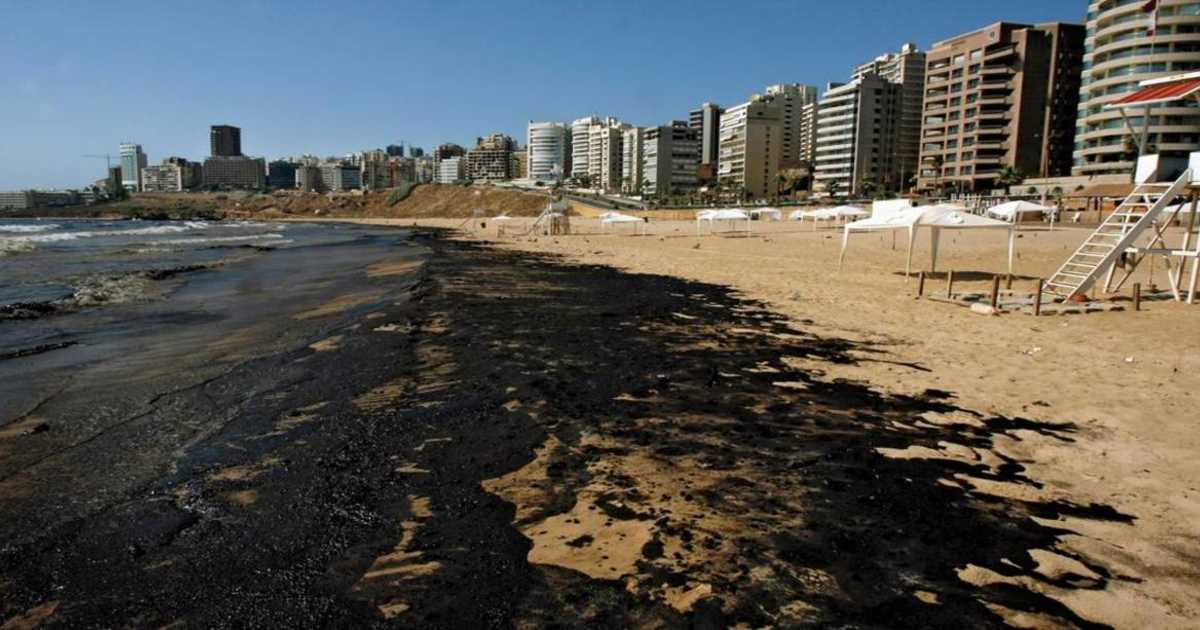Hostilities between Lebanon and Israel have been breaking out for decades. The most recent was in July 2006 that included aerial bombardment of Lebanon that caused extensive damages to Lebanon’s infrastructure and industrial installations. Many lives were lost, many houses were destroyed, and many were displaced. On top of that, there were long term impacts on the environment.
One of the most prominent and dangerous impacts was the Jiyeh Power Station oil spill. The Israeli Air force bombed the storage tanks at the power station during their 2006 aggression.
This environmental disaster led to the release of heavy fuel oil into the Mediterranean; 30,000 tons of oil leaked into the sea, covering 170 km of coastline, putting also nearby countries at risk, including Turkey and Cyprus.
The spill resulted in short and long term threats to the marine life and coastal environment. The Lebanese Ministry of Environment along with the UNEP PostConflict Branch (PCoB), UNDP-Lebanon, hurried to contain the oil spill in an attempt to minimize the damages.
This Thursday, November 14, the UN General Assembly voted on the draft titled “Oil slick on Lebanese shores.” According to the UN press, 158 members were in favor of the Israeli government assuming responsibility and compensating Lebanon and Syria for the damages; the compensation was estimated to be around $856.4 million in 2014.
Nine countries voted against it, and they include Israel, Austria, Canada, Kiribati, Marshall Islands, Nauru, Papua New Guinea, United States, and the Federated States of Micronesia.
The first time it was proposed, the HAARETZ Israeli newspaper published an article titled “Israel Rejects UN Demand to Pay Lebanon $850 Million for 2006 Oil Spill,” in which Israel states clearly its strong rejection of the GA’s resolution.
Israeli’s refusal was stated by the Israeli mission to the UN, saying that “This resolution has long outlived the effects of the oil slick, and serves no purpose other than to contribute to institutionalizing an anti-Israel agenda at the UN.”
HAARETZ also claims that Israel was amongst the immediate respondents to contain the oil spill. Even though the GA’s resolutions are not legally binding, they do reflect clearly the world’s opinion on the matter.
Follow us on Instagram @the961 and on Twitter the961com as we are currently covering the Lebanese revolution stories. Also, join us on Facebook @The961 to engage with our fans in Lebanon and across the world.



















